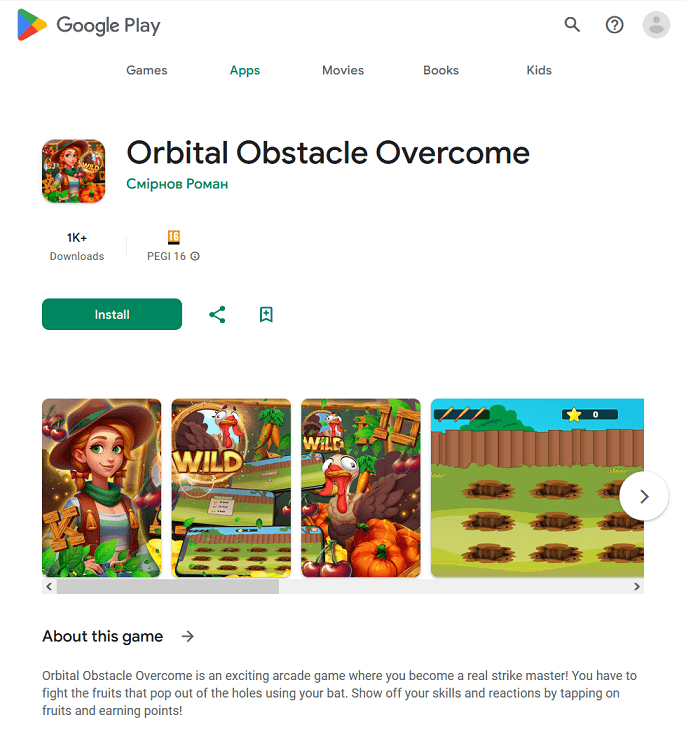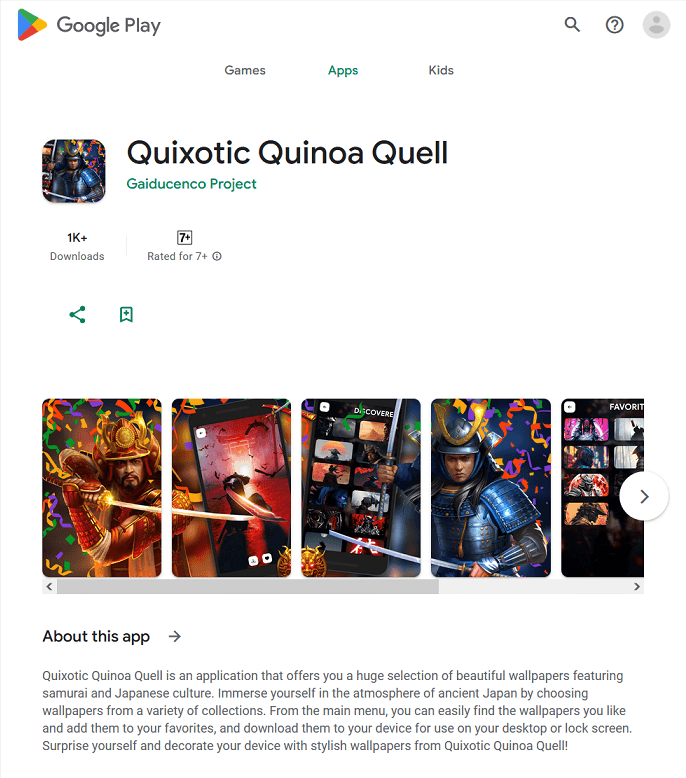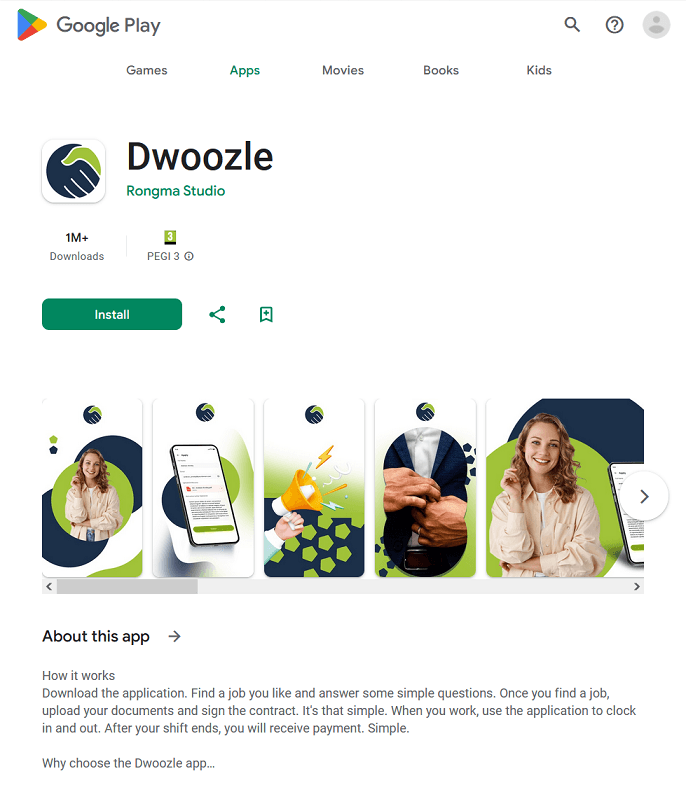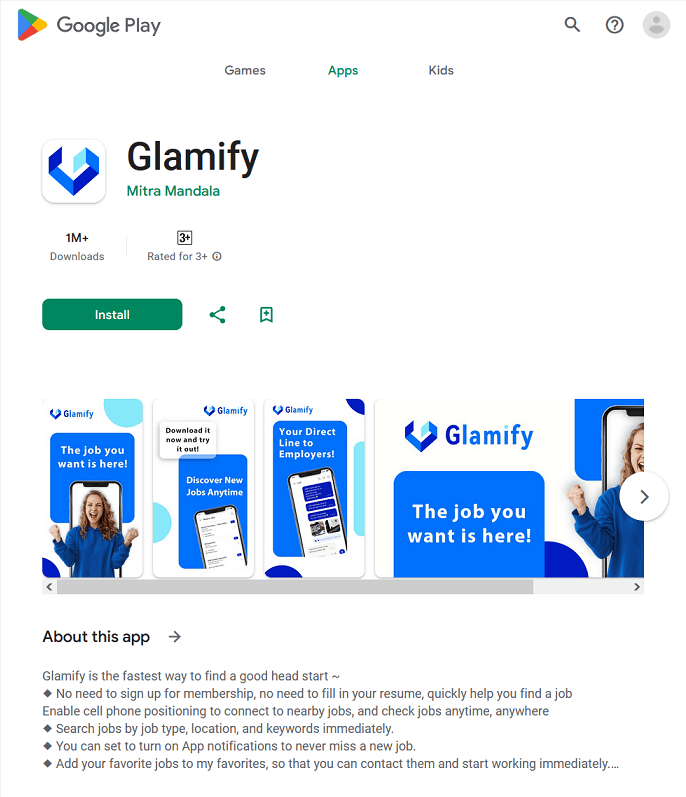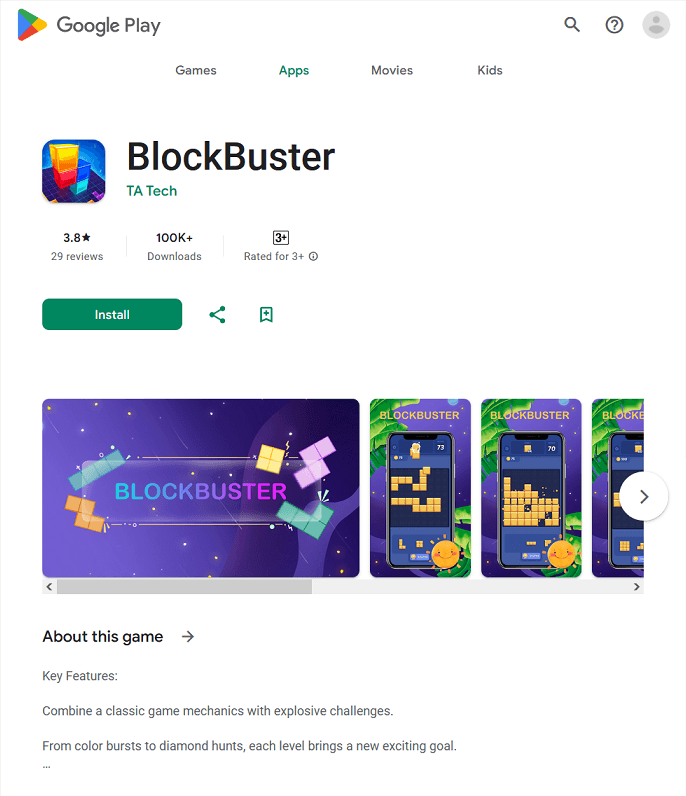On the similar time, Physician Internet’s virus laboratory uncovered extra threats on Google Play. Amongst them had been varied pretend apps from the Android.FakeApp household and the undesirable Program.FakeMoney.11 app, which supposedly permits digital rewards to be transformed into actual cash that may then be withdrawn. Furthermore, menace actors once more used Google Play to distribute a trojan that subscribes victims to paid companies.
PRINCIPAL TRENDS OF Q2 2024
- Android.HiddenAds ad-displaying trojans stay probably the most lively Android threats
- The emergence of extra threats on Google Play
Threats on Google Play
In Q2 2024, Physician Internet’s virus laboratory found extra Android.FakeApp trojans on Google Play. A few of them had been being distributed beneath the guise of finance-themed software program and apps for collaborating in surveys and quizzes:
They might load fraudulent websites on which potential victims, supposedly on behalf of well-known credit score organizations, in addition to oil and gasoline corporations, had been supplied the prospect of getting a finance schooling or turning into traders. To entry one or one other “service”, customers needed to reply a number of questions after which present private information.
Different Android.FakeApp trojans had been hiding in numerous video games. Underneath sure circumstances, as a substitute of the declared performance, they’d load bookmaker and on-line on line casino web sites.
One other trojan from this household, Android.FakeApp.1607, was disguised as a picture assortment app. It did present the claimed performance however might additionally load on-line on line casino web sites as a substitute.
Menace actors handed off a number of Android.FakeApp members as job-search applications:
These trojans (Android.FakeApp.1605 and Android.FakeApp.1606) load pretend emptiness lists the place customers are requested to contact “employers” by way of messengers (Telegram, for instance) or to ship out a “resume” by offering private information. After attracting their potential victims’ consideration, fraudsters can lure them to varied doubtful money-making schemes in an try to steal their cash.
Our specialists additionally found one other undesirable program from the Program.FakeMoney household. Such apps provide customers varied duties to finish so as to obtain digital rewards. These rewards supposedly might then be withdrawn as actual cash. The truth is, these applications mislead Android machine house owners as no actual payouts are made. The aim of such software program is to encourage customers to maintain utilizing it so long as potential in order that the displayed advertisements convey a revenue to the builders.
One recognized app (Program.FakeMoney.11) is a variation of the win-win “one-arm bandit” sport. When customers play it and in addition watch the in-app advertisements, they obtain digital rewards. After they attempt to withdraw their “earned” cash, this system delays this course of, placing increasingly more circumstances on it. If customers finally “efficiently” submit a withdrawal request, they are going to find yourself in some “into account” queue of as much as a number of thousand different “candidates”.
As well as, one other trojan from the Android.Harly household (Android.Harly.87) was distributed by way of Google Play. Malicious applications of this household subscribe victims to paid companies.
To guard your Android machine from malware and undesirable applications, we advocate putting in Dr.Internet anti-virus merchandise for Android.

